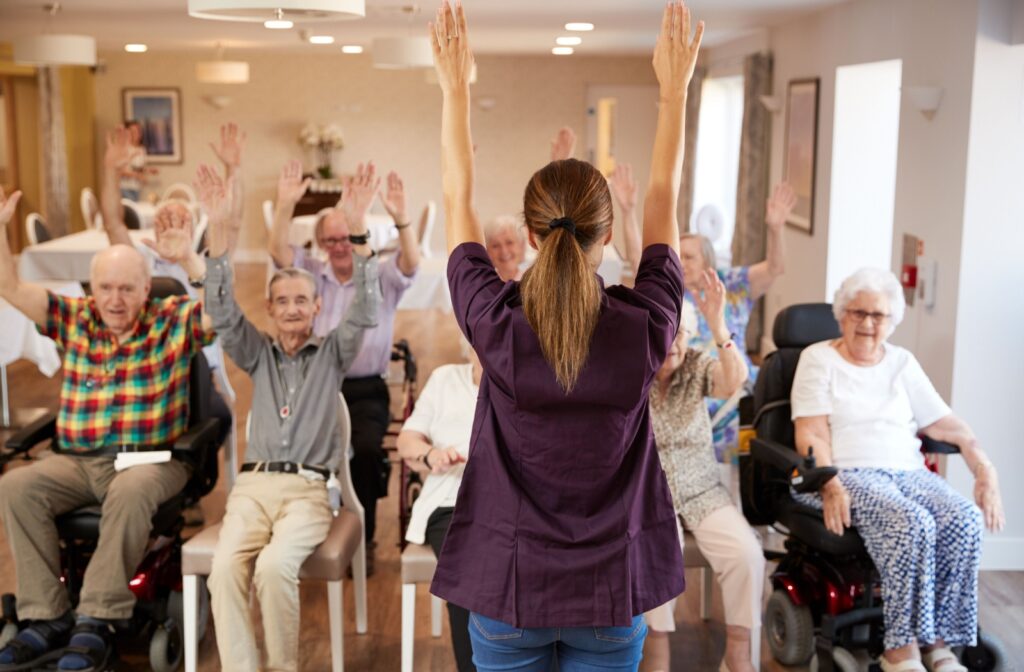Moving into a senior living community is a big decision. However, it also opens the door to more comfort, safety, and connection. For many older adults, this transition supports their lifestyle by offering a blend of independence and care in a welcoming environment.
Assisted living communities in Kentucky are sometimes grouped together with another form of lifestyle service called personal care. It’s important to note that the services offered are slightly different for each.
At our community, the services we offer include:
- Personal assistance
- 24-hour security and emergency call systems
- Spacious residential apartments
- Social activities
- Dining services
- Housekeeping, laundry, and maintenance
- In-house pharmacy
- In-house nurse practitioner
- Beauty salon/barbershop
Communities like ours balance assistance with independence, creating a supportive lifestyle for residents and peace of mind for families.
The Basics of Assisted Living
Assisted living offers a middle ground between independent living and more complex care. It’s designed for individuals who need help with daily tasks but don’t require constant medical attention. Instead of medical-focused care, these communities emphasize everyday wellness and social connection.
Residents typically live in private or semi-private apartments. Support is tailored to individual needs, from help with grooming to medication reminders. The goal is to promote autonomy while still offering reliable care when it’s needed.
Who Can Benefit from Assisted Living?
A person would benefit from assisted living if they:
- Need some daily assistance but value their independence
- Feel lonely or want to build new social connections
- Have mild memory concerns or medication needs
- Experience fall risks or mobility limitations at home
- Want a more structured and secure community living environment
For older adults who are still active but need a little extra help, assisted living can provide an incredible blend of support and freedom.
Key Services & Amenities in Assisted Living
Assisted living communities are built to support a balanced lifestyle. They carefully combine independence with personalized services and safety.
Comfortable Living Spaces
Most communities offer a range of floor plans. These often include essential features like kitchenettes, accessible bathrooms, and emergency response systems. The goal is to provide a home-like environment.
Personalized Daily Assistance
Staff members are available to help with activities of daily living (ADLs), which may include dressing, grooming, bathing, and more. Support is tailored so residents feel safe without losing their independence.
Social & Community Activities
From weekly clubs and holiday celebrations to exercise classes and crafts, social activities are a cornerstone of community life. Staying active and socially engaged helps residents build friendships and emotional resilience.
These opportunities also create a sense of belonging. Whether it’s a game night or a walking group, the emphasis is on staying connected.
Health & Wellness Support
Many communities offer regular health monitoring, including check-ins, coordination with doctors, and on-site care if needed. This helps address potential concerns early. The peace of mind offered is invaluable—your entire family can rest easy knowing your loved one always has access to professional support.
Everyday Conveniences
Daily conveniences like housekeeping, laundry, and maintenance are usually included. These services reduce stress and allow residents to focus on hobbies, socializing, or rest.
Are There Alternatives to Assisted Living?
While assisted living supports many older adults, it’s helpful to know what other senior living options are available. Each alternative offers different levels of care and independence.
Independent Living
This option is ideal for those who can manage their own care but want access to dining, housekeeping, and social programs. It prioritizes low-maintenance living without daily assistance.
Skilled Nursing
Skilled nursing is designed for individuals who need around-the-clock medical support. This is often a fit for people with chronic conditions or serious health issues. In skilled nursing, your loved one gains access to hospital-level medical care in a home-like setting.
Respite Care
Respite care offers short-term support, typically after a surgery or during a family caregiver’s absence. It can also serve as a way to explore a community before moving in. This is a helpful option if a caregiver needs to take a step back.
Memory Care
Memory care is structured for individuals with cognitive conditions like dementia or Alzheimer’s. These communities offer secure spaces and therapeutic programs tailored to memory support.

How to Tell if Someone Needs Assisted Living
Sometimes it’s hard to tell when extra support might be helpful. Some older adults may not want to consider such a change, but it’s a key step towards maintaining quality of life.
Look for signs of everyday struggles, such as:
- Trouble with basic tasks like meal prep, bathing, or taking medications
- A noticeable increase in falls or home safety concerns
- Feeling isolated or disengaged from social routines
- Early signs of cognitive decline, like forgetfulness or confusion
Starting this conversation early can help families plan and avoid emergencies down the road. With assisted living, you can get your loved one the care they need—right when they need it.
Find the Right Assisted Living Community
Moving to an assisted living community can be a meaningful step. It’s a chance to give your loved one a life of comfort, social connection, and peace of mind. With personalized care, engaging programs, and convenient services, these communities support a lifestyle that evolves with your loved one’s needs.
Here at Oak Ridge Senior Living, we’re here to help you explore what’s possible. Book a tour with us today to see how our community can support your family!



